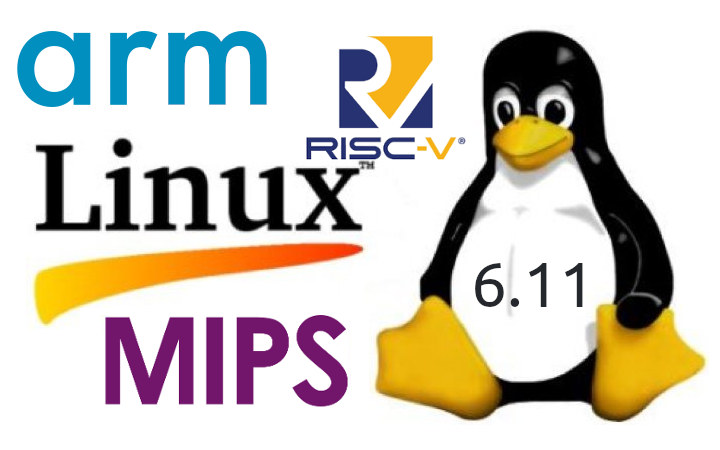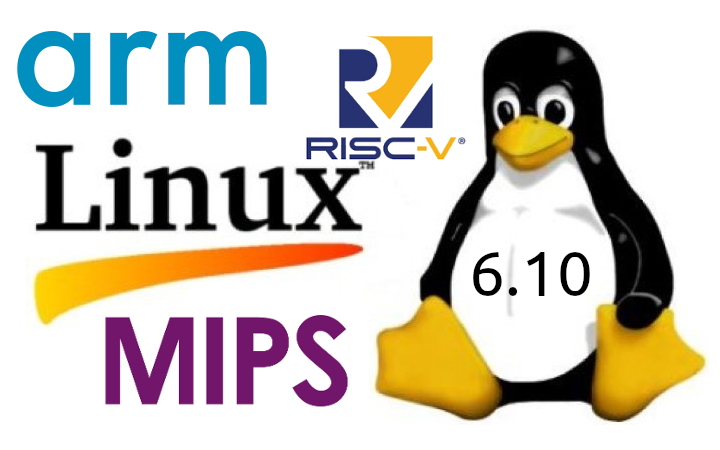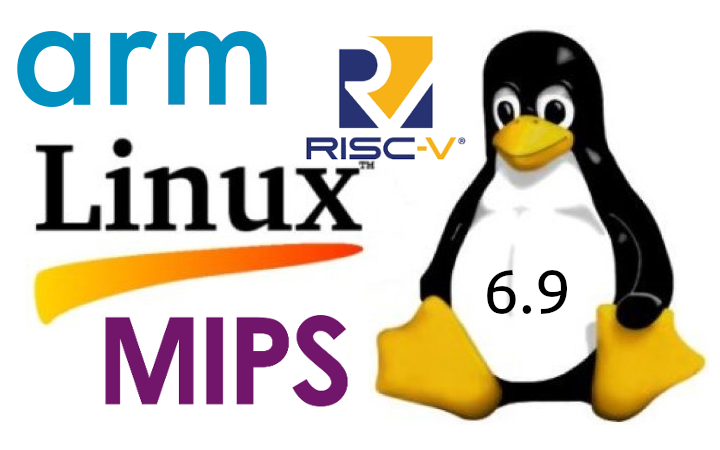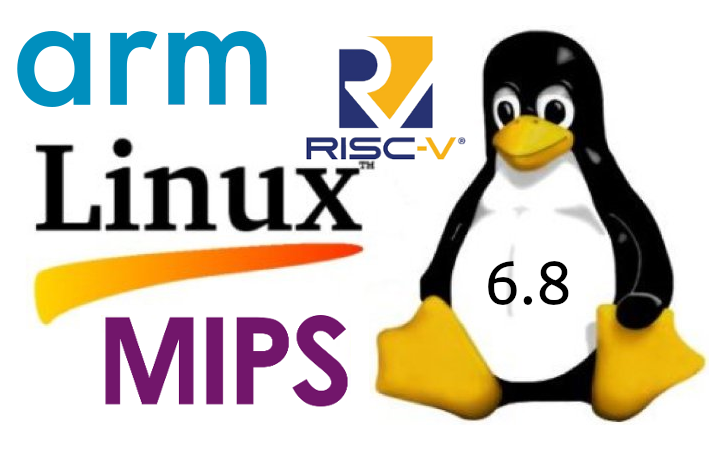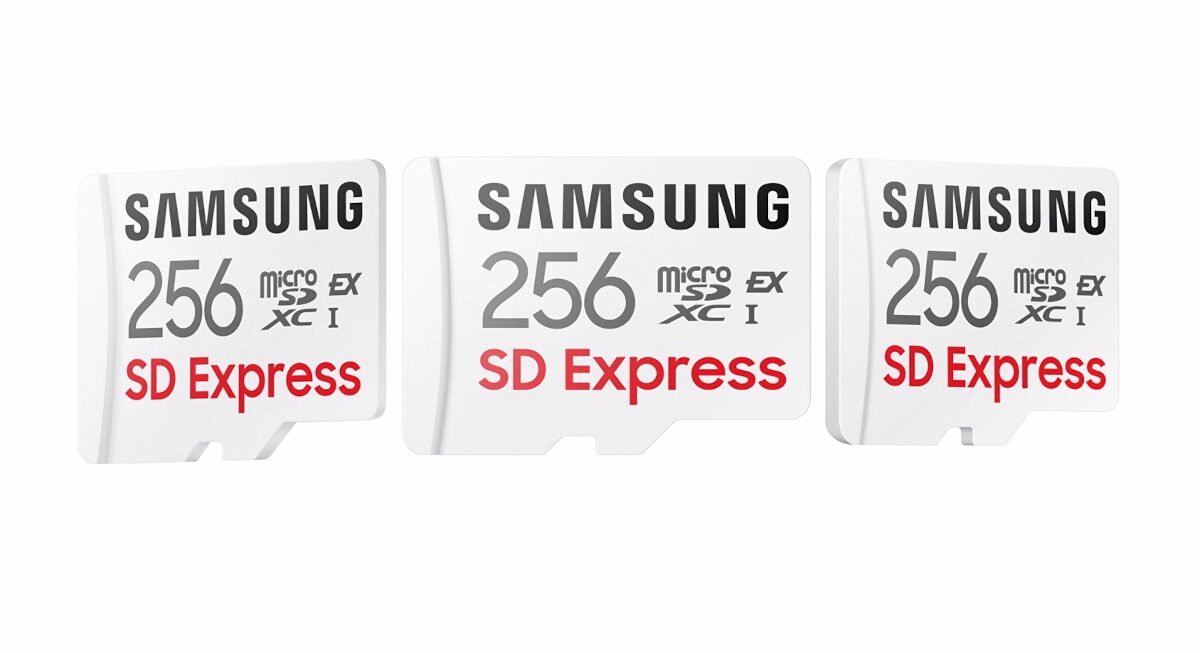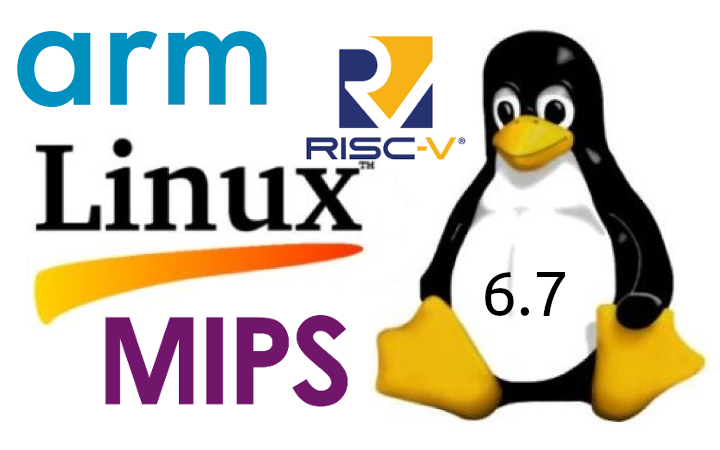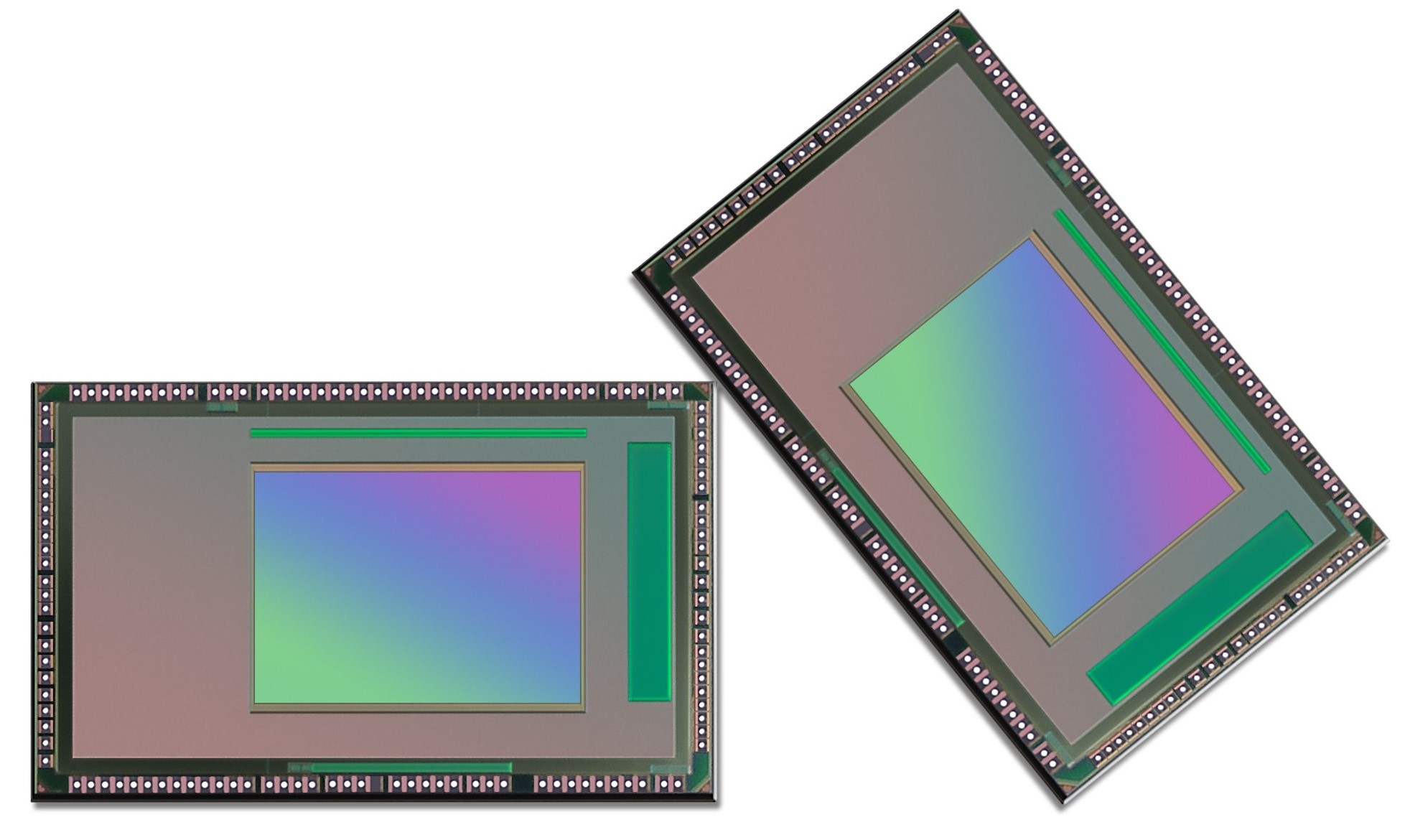The Khronos Group has just announced the release of Vulkan 1.4 cross-platform 3D graphics and compute API. The new release makes some of the optional extensions and features mandatory, adds streaming transfers, and supports 8K rendering on up to eight targets. Minimum hardware limits have also been increased including at least seven maxBoundDescriptorSets and eight maxColorAttachments. Vulkan 1.4 highlights: Streaming Transfers: new implementation requirements to ensure applications can stream large quantities of data to a device while simultaneously rendering at full performance. Previously optional extensions and features critical to emerging high-performance applications are now mandatory in Vulkan 1.4, ensuring availability across multiple platforms. These include push descriptors, dynamic rendering local reads, and scalar block layouts. Maintenance extensions up to and including VK_KHR_maintenance6 are now part of the core Vulkan 1.4 specification. 8K rendering with up to eight separate render targets is now guaranteed to be supported, along with several other […]
Linux 6.11 Release – Notable changes, Arm, RISC-V and MIPS architectures
Linux 6.11 is out with Linus Torvalds’ announcement on the Linux kernel mailing list (LKML): I’m once again on the road and not in my normal timezone, but it’s Sunday afternoon here in Vienna, and 6.11 is out. The last week was actually pretty quiet and calm, which is nice to see. The shortlog is below for anybody who wants to look at the details, but it really isn’t very many patches, and the patches are all pretty small. Nothing in particular stands out – the biggest patch in here is for Hyper-V Confidential Computing documentation. Anyway, with this, the merge window will obviously open tomorrow, and I already have 40+ pull requests pending. That said, exactly _because_ I’m on the road, it will probably be a fairly slow start to the merge window, since not only am I on my laptop, there’s OSS Europe starting tomorrow and then the […]
Linux 6.10 Release – Notable changes, Arm, RISC-V, and MIPS architectures
Linux Torvalds has announced the release of Linux 6.10 on LKML: So the final week was perhaps not quote as quiet as the preceding ones, which I don’t love – but it also wasn’t noisy enough to warrant an extra rc. And much of the noise this last week was bcachefs again (with netfs a close second), so it was all pretty compartmentalized. In fact, about a third of the patch for the last week was filesystem-related (there were also some btrfs latency fixes and other noise), which is unusual, but none of it looks particularly scary. Another third was drivers, and the rest is “random”. Anyway, this obviously means that the merge window for 6.11 opens up tomorrow. Let’s see how that goes, with much of Europe probably making ready for summer vacation. And the shortlog below is – as always – just the last week, not some kind […]
Linux 6.9 release – Main changes, Arm, RISC-V, and MIPS architectures
Linus Torvalds has just announced the release of Linux 6.9 on LKML: So Thorsten is still reporting a few regression fixes that haven’t made it to me yet, but none of them look big or worrisome enough to delay the release for another week. We’ll have to backport them when they get resolved and hit upstream. So 6.9 is now out, and last week has looked quite stable (and the whole release has felt pretty normal). Below is the shortlog for the last week, with the changes mostly being dominated by some driver updates (gpu and networking being the big ones, but “big” is still pretty small, and there’s various other driver noise in there too). Outside of drivers, it’s some filesystem fixes (bcachefs still stands out, but ksmbd shows up too), some late selftest fixes, and some core networking fixes. And I now have a more powerful arm64 machine […]
Linux 6.8 release – Notable changes, Arm, RISC-V, and MIPS architectures
Linus Torvalds has just announced the release of Linux 6.8 on the Linux kernel mailing list: So it took a bit longer for the commit counts to come down this release than I tend to prefer, but a lot of that seemed to be about various selftest updates (networking in particular) rather than any actual real sign of problems. And the last two weeks have been pretty quiet, so I feel there’s no real reason to delay 6.8. We always have some straggling work, and we’ll end up having some of it pushed to stable rather than hold up the new code. Nothing worrisome enough to keep the regular release schedule from happening. As usual, the shortlog below is just for the last week since rc7, the overall changes in 6.8 are obviously much much bigger. This is not the historically big release that 6.7 was – we seem to […]
Samsung unveils 256GB microSD Express card with up to 800MB/s read speeds
Samsung has just started sampling its 256 GB SD Express microSD card (aka microSD Express card) with a sequential read speed of up to 800 MB/s through its PCIe/NVMe interface. The SD Express standard was first introduced in the SD specification ver 7.0 in 2018 adding pads for PCIe/NVMe interfaces in full-sized SD cards before the microSD Express standard was introduced in the SD 7.1 specification the following year. Since then, the SD association further improved the standard promising ever faster SD Express speeds up to 4GB/s and microSD Express speeds up to 2GB/s. Saying the adoption of the new SD Express and microSD Express standards has been slow would be an understatement, and the Samsung 256GB microSD Express card looks to be the world’s first such storage device. Looking at full-size SD Express cards, I could only find one on Amazon for $59.99 with 256GB capacity, 820 MB/s read […]
Linux 6.7 release – Main changes, Arm, RISC-V, and MIPS architectures
Linus Torvalds has just announced the release of Linux 6.7, following Linux 6.6 LTS a little over two months ago: So we had a little bit more going on last week compared to the holiday week before that, but certainly not enough to make me think we’d want to delay this any further. End result: 6.7 is (in number of commits: over 17k non-merge commits, with 1k+ merges) one of the largest kernel releases we’ve ever had, but the extra rc8 week was purely due to timing with the holidays, not about any difficulties with the larger release. The main changes this last week were a few DRM updates (mainly fixes for new hw enablement in this version – both amd and nouveau), some more bcachefs fixes (and bcachefs is obviously new to 6.7 and one of the reasons for the large number of commits), and then a few random […]
Samsung announces ISOCELL Vizion 63D and Vizion 931 sensors for robotics and extended reality applications
Samsung Electronics, the world’s second-largest technology company by revenue, has introduced two new camera sensors in its ISOCELL Vizion lineup, the Vizion 63D and the Vizion 931. The Vizion 63D is the world’s first indirect time-of-flight (iToF) sensor with an integrated depth-sensing image signal processor (ISP) according to the company, and is tailored for capturing high-resolution 3D images. The Vizion 931 is a global shutter sensor that has been optimized to capture rapid motion without visible distortion. The 63D is an indirect time-of-flight sensor that measures the phase shift between emitted and reflected light and uses this measurement to construct a 3D map of its surroundings. It features an integrated image-signal processor that performs depth sensing and can reportedly process images at up to 60 frames per second in QVGA resolution (320×240). Vizion 63D captures images at a pixel size of 3.5 µm (the industry’s smallest in iToF sensors, according […]



